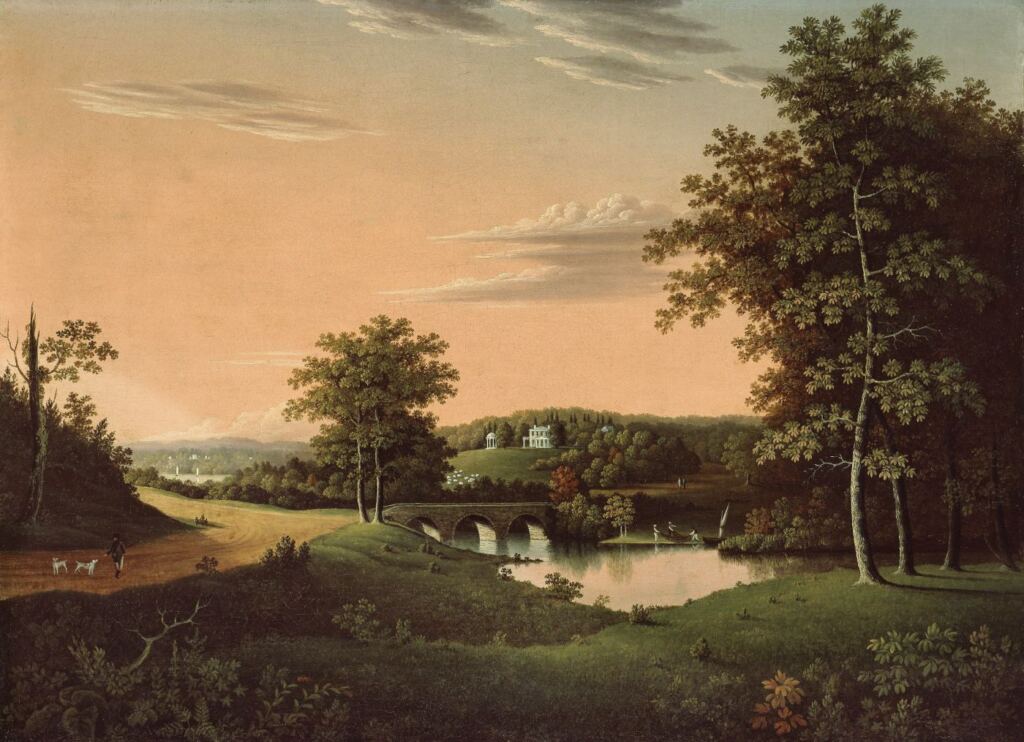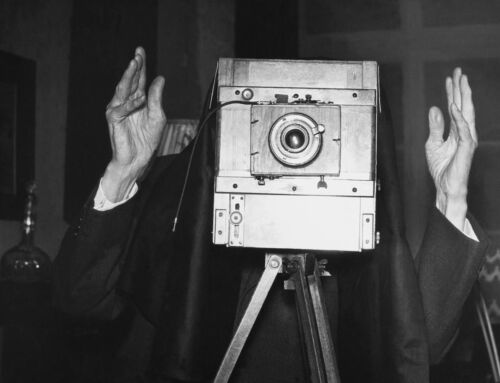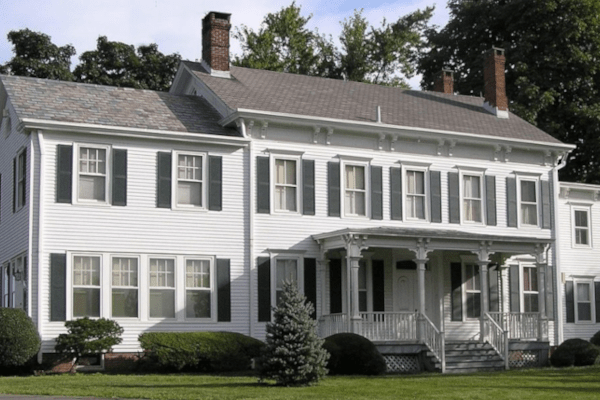July 14th marks Bastille Day, France’s national holiday commemorating the storming of the Bastille in 1789—a powerful symbol of the French people’s fight for liberty and the beginning of the French Revolution. Like America’s Independence Day, Bastille Day celebrates ideals of freedom and democracy. Surprisingly, New Jersey has its own connection to this revolutionary spirit, through Joseph Bonaparte, Napoleon’s older brother.
After Napoleon’s defeat, Joseph Bonaparte fled Europe and eventually settled in Bordentown, New Jersey. In 1816, he purchased a large estate along the Delaware River known as Point Breeze. Though he had once ruled as King of Spain and Naples, in New Jersey he lived in quiet exile as a gentleman of leisure, far from the chaos of European politics.
Joseph transformed Point Breeze into an elegant retreat, complete with expansive gardens, lakes, greenhouses, and a renowned art collection. At the time, it was considered the second finest home in America, second only to the White House. His estate became a hub for intellectuals, diplomats, and artists, drawing visitors curious to meet the exiled king.
Not everyone was impressed, however. Scottish writer Thomas Hamilton, who visited in the 1830s, famously described Bonaparte as “unpopular and dull,” offering a less flattering view of the former monarch.
Still, Joseph Bonaparte’s legacy remains a fascinating chapter in both French and New Jersey history. As we celebrate Bastille Day, it’s a good reminder that the echoes of revolution sometimes stretch across oceans—and land in the most unexpected places, like the quiet woods of New Jersey.








